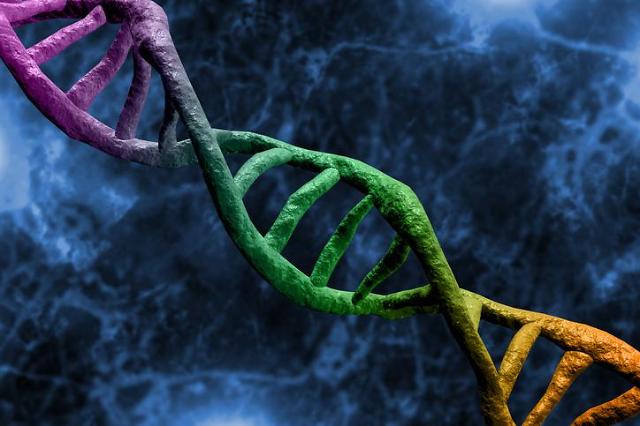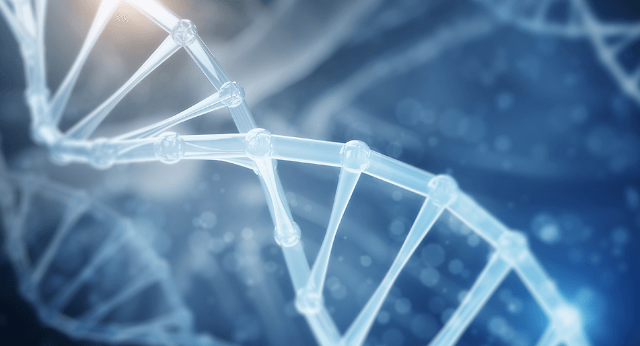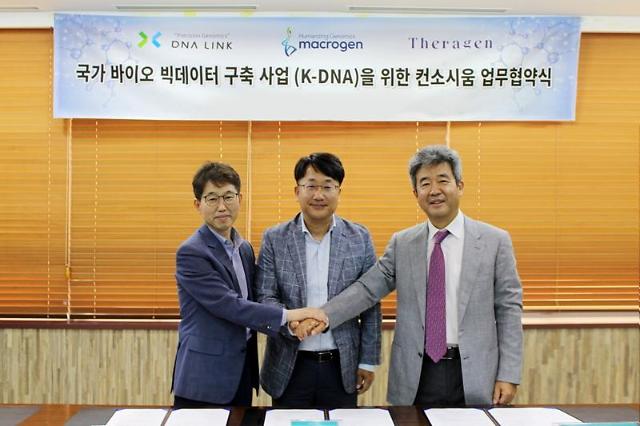
[Gettyimages Bank]
The project involving hospitals and university research teams began in 2016, led by the Ulsan National Institute of Science and Technology (UNIST). "This project is meaningful in that it accurately maps the genetic polymorphism of Koreans," said Park Jong-hwa, a UNIST professor of biomedical engineering.
Researchers have comprehensively established omics information, health examination information, clinical information, and lifestyle information. Omics refers to a field of study in biological sciences such as genomics, transcriptomics, proteomics, or metabolomics. The project in Ulsan collected samples from people who wanted to participate and shared genome analysis research reports.
Data can be used for "multi-omics" analysis that finds changes in specific disease causes through integrated analysis, enabling more precise genetic disease analysis. UNIST's Korean Genomics Center (KOGIC) has built high-performance, high-intensity computational electronic equipment and large-capacity storage space for analyzing genome information.
Research on commercialization will be launched. "Data, infrastructure and know-how secured through the 10,000-man genome project will be an innovative competitive edge in bio and health," said UNIST President Lee Yong-hoon. "We will lead high-tech biofields such as digital healthcare, precision medical care, and new drug development to create a model that can grow with the region."
Ulsan Mayor Song Chul-ho said the genome project would be a new industry that will lead the future. "We will prepare state-of-the-art infrastructure to analyze genome data and share it with companies and research institutes so that Ulsan can take the lead in predicting, diagnosing and analyzing diseases."
Genomic analysis is identifying DNA mutations, sequence information, and disease information. It can help predict the incidence of cancer and rare diseases and find a suitable treatment. South Korea has launched a multi-departmental K-DNA project that collects clinical samples of one million healthy people, cancer patients and patients with rare diseases and produces and utilizes genetic big data.




